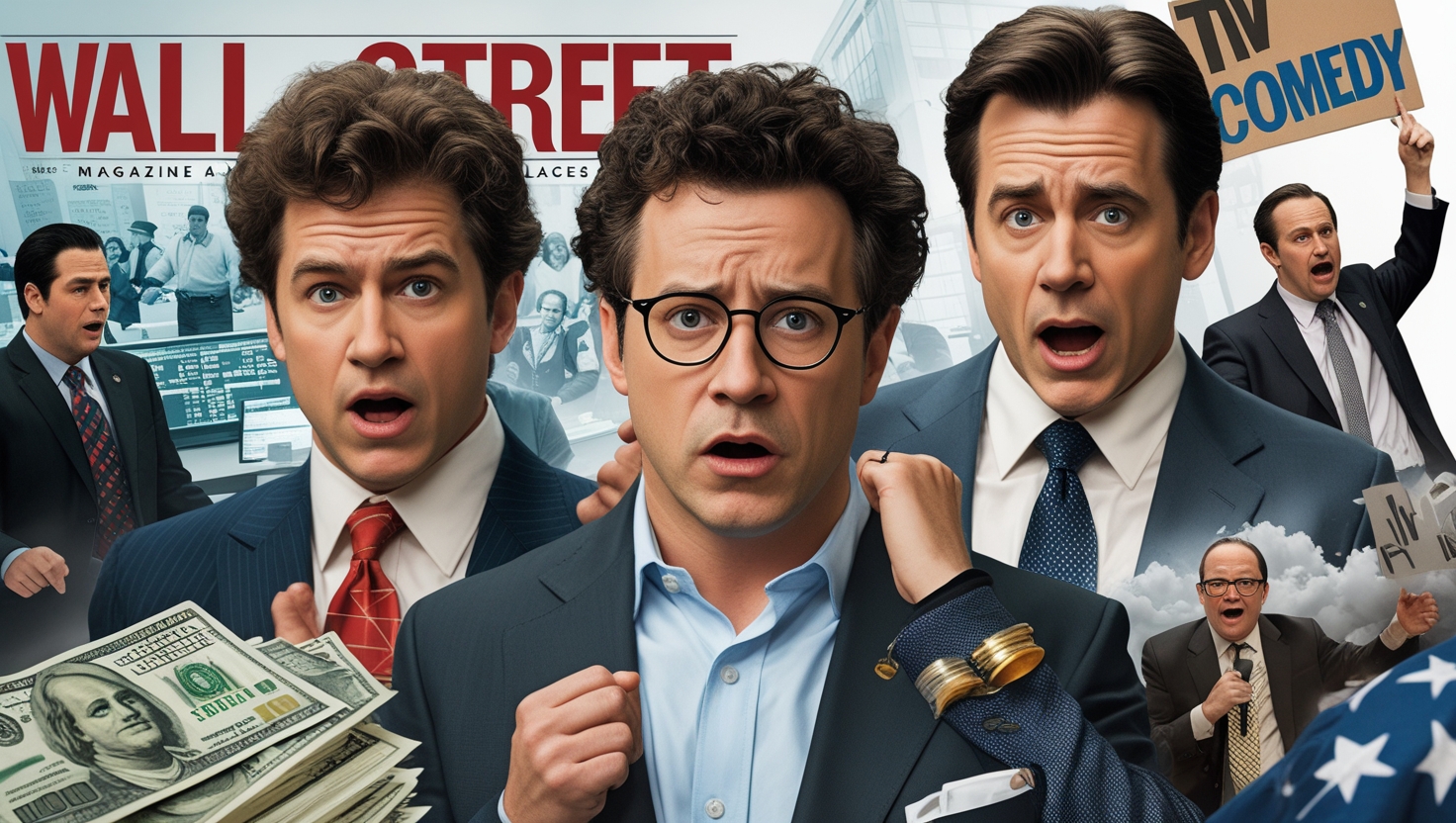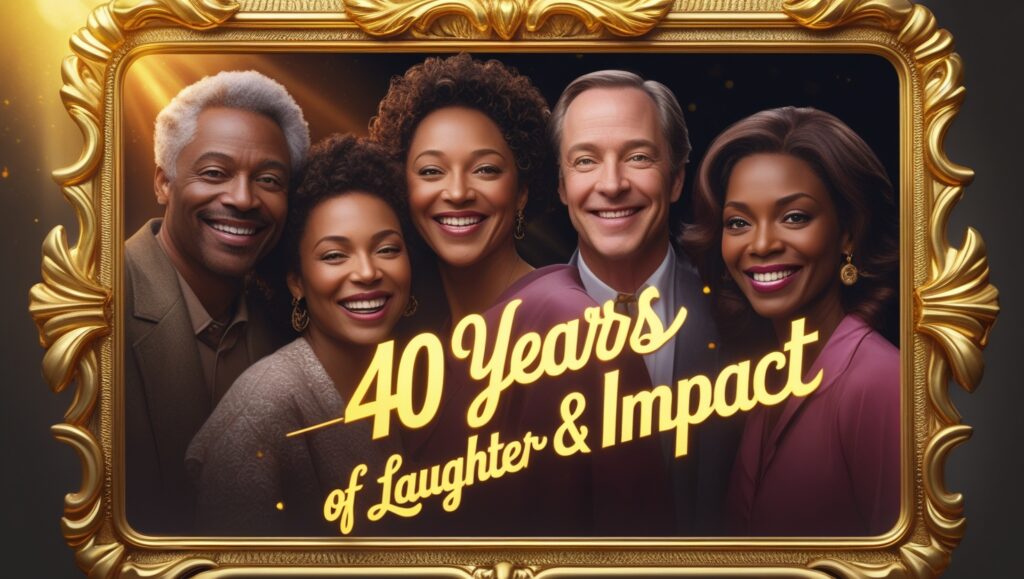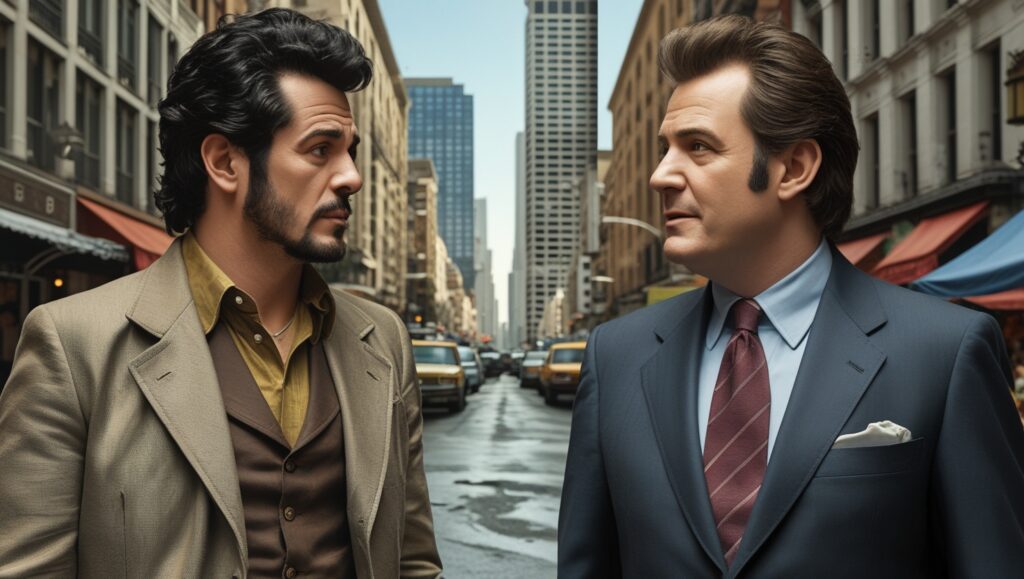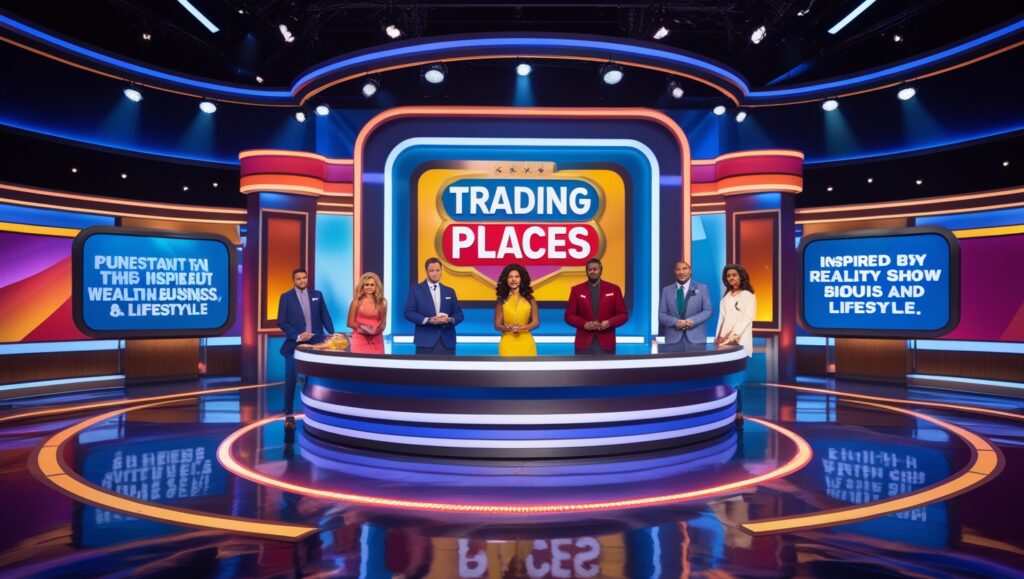Physical Address
304 North Cardinal St.
Dorchester Center, MA 02124
Physical Address
304 North Cardinal St.
Dorchester Center, MA 02124

Trading Places is still a cultural mirror that captures the complexity of privilege, race, and class in America forty years after it was first released. It is more than just a classic comedy. The film’s incisive satire and timeless humor continue to provoke discussions in a time of changing social consciousness. Thus, humor, class, and cultural influence are the reasons why Trading Places continues to be popular. Forty years later is more than just a retrospective; it’s evidence of how a movie can endure for generations.

John Landis’ comedy Trading Places, which starred Eddie Murphy and Dan Aykroyd, was released in 1983. Louis Winthorpe III, a wealthy commodities broker, and Billy Ray Valentine, a street hustler, are at opposing ends of the social spectrum and unwittingly participate in a harsh sociological experiment. To test the age-old nature vs. nurture argument, two affluent brothers, the Dukes, switch their lives.
Its ability to combine slapstick humor with scathing social analysis is what makes the movie so brilliant. It’s about smiling while posing awkward questions, not just about laughing.
To comprehend the reasons for Trading Places’ continued appeal: humor, sophistication, and cultural influence We must examine the sociopolitical environment of the early 1980s, forty years later. Racial conflicts, economic inequality, and the emergence of Wall Street elitism were all problems facing America. The movie played on these fears by examining the capricious nature of fame and money through comedy.
The Dukes’ experiment, which involved depriving Winthorpe of his privilege and giving Valentine more status, served as a metaphor for how arbitrary social mobility can be. It showed the brittleness of status when stripped of its accoutrements and questioned the idea that success is only determined by merit.

The ideas of Trading Places are maybe more pertinent now than they were in the past. Systemic racism still exists, the income gap has grown, and public conversation is dominated by discussions of privilege and opportunity. The way the movie depicts racial tensions and class reversal still resonates.
Class Divide: How society treats people according to their perceived status is highlighted by the comparison of Valentine’s ascent and Winthorpe’s decline.
Racial Commentary: Valentine’s accomplishments in the white-collar industry dispel prejudices and highlight the obstacles that underprivileged groups must overcome.
Economic Satire: The movie’s setting in the commodities trading industry provides a lighthearted but incisive examination of financial systems that can appear disconnected from reality.
Trading Places, which was written by Timothy Harris and Herschel Weingrod and directed by John Landis, was more than just a comedy show. The choice of Dan Aykroyd and Eddie Murphy was crucial; Aykroyd’s portrayal of the aristocratic Winthorpe offered depth to the satire, while Murphy’s charm and comedic timing gave Valentine depth.
Philadelphia was chosen as the location for symbolic reasons. It was the ideal setting for a drama about social upheaval because the city was steeped in American history and class divisions.
Even while the movie is still regarded as a classic, it has certain issues. Aykroyd’s character wearing blackface is one of the most criticized moments; it hasn’t held up well over time and is now seen as racially offensive. This emphasizes how crucial it is to reexamine earlier material critically, recognizing both its merits and shortcomings.

There is still much disagreement on the main topic of nature versus nurture. If given the same opportunity as someone who was born into privilege, can someone from a disadvantaged background succeed? Yes, according to Trading Places, and contemporary psychology frequently concurs.
The movie’s premise is echoed by programs like social mobility studies, educational scholarships, and mentorship programs. They demonstrate that talent is present in all socioeconomic levels and that the environment has a big impact on results.
Is trading places still important in the modern world?
Of course. Its themes of economic satire, racial dynamics, and class inequality still speak to contemporary social concerns.
Why does the movie have a cultural impact?
It engages viewers while stimulating thought thanks to its ability to combine humor with sobering insight.
Has there been any criticism of the movie?
Indeed. Some scenes have drawn criticism for their insensitivity, especially those that feature blackface and racial stereotypes.
What is the film’s nature vs. nurture argument?
Using the characters’ life swap as a sociological experiment, the movie investigates whether environment or heredity have a greater influence on conduct.
Is Trading Places regarded as instructive?
Yes, in a lot of ways. It is a useful tool for conversation since it provides insights into society structures, privilege, and adaptation.
So why, forty years later, does Trading Places still have an impact on culture, comedy, and class? because it dares to make fun of society’s awkward realities. It’s a movie that makes fun of while enlightening, that amuses while teaching. Its legacy lies in its provocations as much as its jokes.
As we continue to traverse an environment of identity politics and inequality, Trading Places serves as a reminder that humor may serve as a potent lens through which to view the world. The movie presents a timeless perspective that is just as important now as it was in 1983, regardless of whether you’re watching it again for nostalgia or for the first time.
What do you think? Can everyone succeed if given the opportunity, or does privilege define success? Let’s start the discussion.